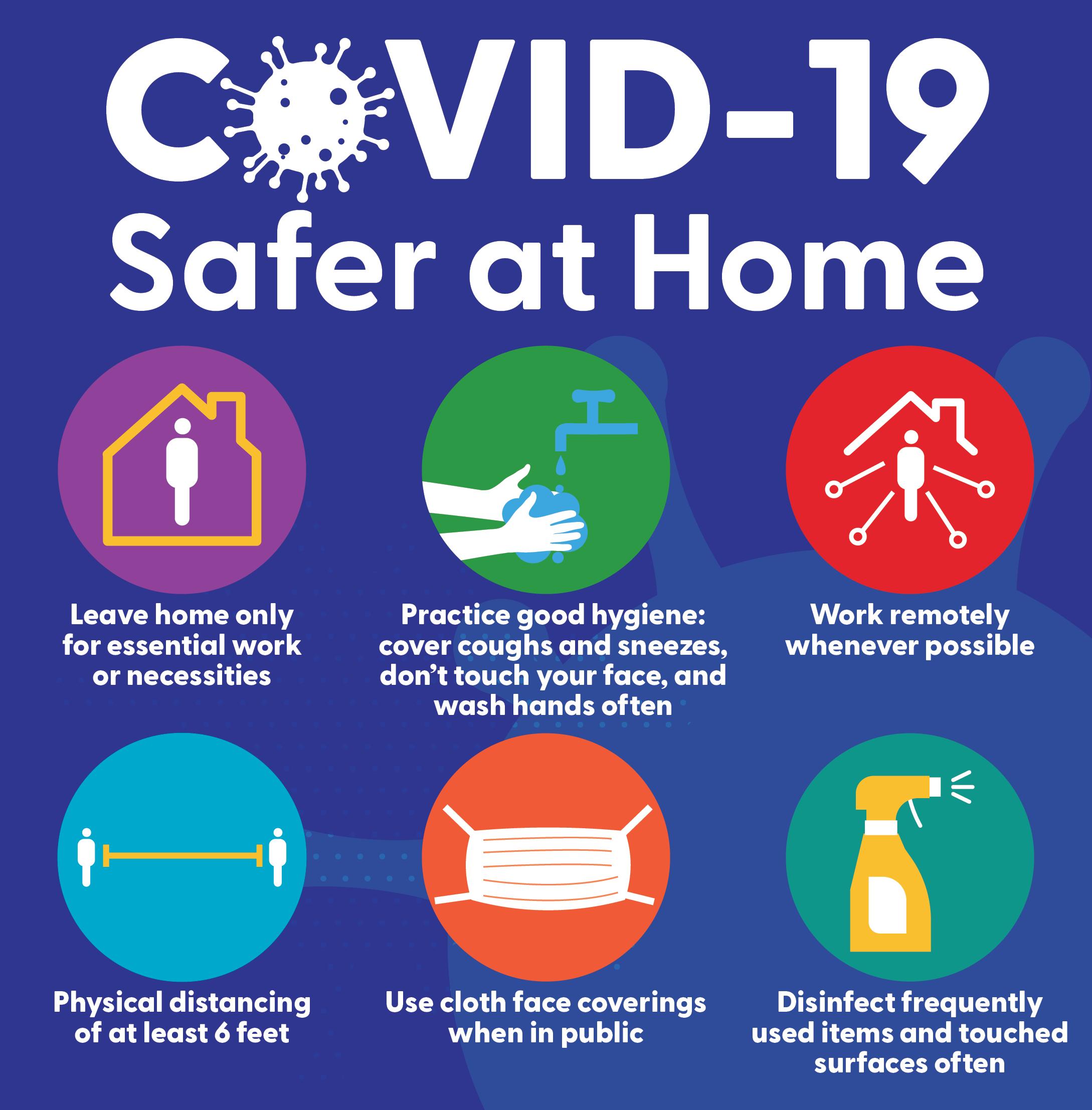
3 minute read
Hygiene saves lives
Hygiene saves lives
Lessons learnt from COVID-19 prevention measures
Advertisement
By Melody Ajiambo
Health experts have constantly advised that good hygiene habits; the simple practice of hand washing with soap and clean water, is one of the most effective ways to prevent the spread of germs and viruses.
In fact, the Global Hand washing Day celebrated on 15th October every year, was founded by the Global Hand washing partners, and is an opportunity to design creative ways to encourage people to wash their hands with soap at critical times.
During the COVID-19 outbreak, the importance of hand washing with soap to reduce the spread of the SARS-CoV-2 virus was overly emphasized. The ‘Komesha Corona’ national campaign by the Ministry of Health saw Kenyans eagerly advocating for hand hygiene and other health preventive measures like wearing a mask properly and social distancing. They disseminated that information through main stream media, wall art (especially in slums) and social media platforms.
The government, through the Ministry of Health, donation groups, philanthropists, business owners, and individuals stepped up to provide clean water and soap as the first line of defense against the virus. Public spaces, including those in rural areas had access to clean water and soap. This bore good results.
According to the journal published by BMC Public health, the trajectory of COVID-19 pandemic and hand washing adherence are wildly interdependent. Their findings from 14 countries indicated that higher numbers of covid-19 infections and resulting deaths were related to lower levels of hand washing adherence and vice versa.
Yet, preventing and reducing the spread of COVID-19 was not the only positive outcome of observing hand hygiene. Mr. Gideon Ndambuki, an officer from Kenyatta National Hospital IPC (Infection Prevention and Control) Department explains that the spread of other infectious diseases was significantly reduced. He states that the hospital witnessed a decline in the number of hospital acquired infections (HAIs) and multidrug resistant organisms (MDROs) during the COVID-19 era.
To add to this, diarrheal diseases; the leading cause of death in children in Kenya, was lower in comparison to previous times. The economic survey data 2021 shows that diarrheal diseases dropped by 23.6 percent in 2020. This could be directly linked to the heightened adherence to hand hygiene.
The COVID-19 era saw frontline health workers in KNH do their best to save as many lives as possible. This could be seen with how they played a critical role in advocating for hygiene behavior change and adherence to the COVID-19 prevention protocols put in place by the government. How we laud and appreciate all who worked to ensure the hospital ran smoothly and efficiently.
The economic survey data 2021 shows that the number of registered deaths in 2020 was the lowest recorded in five years. Could this be as a result of observing hand hygiene? We cannot positively link the two factors, however, what we know for sure is that we can draw lessons from the COVID-19 era as we have seen above. It is proof that good hygiene practices can save lives.
Mr. Gideon Ndambuki







